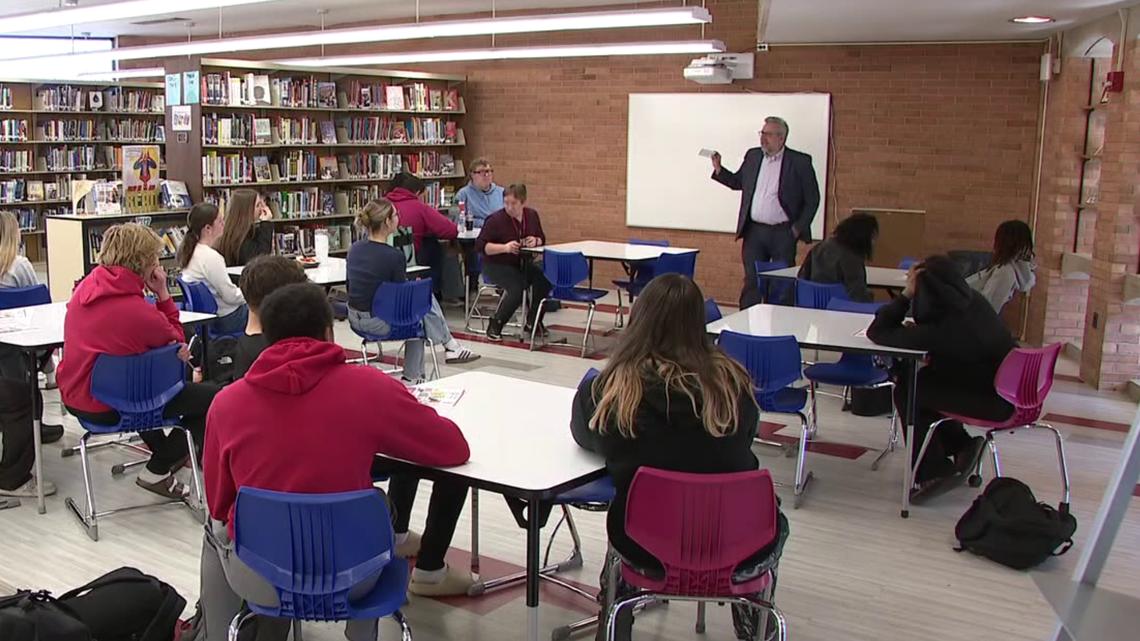
Understanding Family Estrangement: A Sister’s Perspective
Family dynamics can be both a source of great joy and significant stress. This complexity often leads to difficult decisions, including the choice to distance oneself from loved ones. Recently, an insightful letter from a sister shedding light on her decision to cut ties with her sibling caught my attention. It raises important questions about personal boundaries, mental health, and the often unacknowledged reasons behind family estrangement.
In her letter, the sister shares her experiences with her sibling, who, she claims, has spent her life exploiting and manipulating those around her. This isn’t just a tale of familial trials; it’s a reflection of the challenges many people face when a loved one consistently creates chaos and expects others to bail them out. The writer recalls a family environment suffocated by negativity, where her sister became the focal point of drama, entrenching her family members in a cycle of rescue and obligation.
The Cycle of Dysfunction
In many families, one member may play the role of the “drama queen,” constantly embroiled in self-induced crises and leaning on others for support. This behavior not only takes a toll on the mental health of those involved but can also foster resentment and lead to estrangement. As the writer explains, family gatherings often turned into sessions where her sister vented her problems, seeking financial help, emotional support, or simply attention, ignoring the concept of mutual support found in healthy relationships.
It’s exhausting to be in a constant state of caretaking, especially when it feels like there’s no end in sight. The writer highlights how her parents became enablers, perpetuating a system where her sister could continuously rely on others for her needs. This kind of dynamic can be incredibly draining for those involved, leading to feelings of obligation that can stifle personal growth and happiness.
The Importance of Boundaries
What the writer’s story brilliantly encapsulates is the necessity of boundaries in familial relationships. Setting limits can be a healthy and necessary action, especially when it comes to toxic behaviors. Estrangement, while a difficult choice, can sometimes serve as a protective measure to preserve one’s own mental and emotional well-being.
In the case of this sister, the anguish she felt while trying to manage her sibling’s demands highlights a crucial reality: individual well-being often needs to come first. Relationships should be reciprocal; when one person is perpetually in need, the balance is skewed. Cutting ties is not a solution taken lightly. It can be a painful but ultimately freeing decision for those who feel trapped in a cycle of obligation.
Generational Impact
Moreover, the implications of these family dynamics can extend beyond the immediacy of siblings. The writer mentions that her sister even taught her son to emulate this pattern of seeking handouts and creating chaos, which speaks volumes about how toxic behaviors can be passed down through generations. Children learn from their parents, and if one parent instills a sense of entitlement and manipulation rather than self-responsibility, the cycle tends to repeat.
Breaking free from these patterns often requires conscious effort and a staunch commitment to change. This sister’s decision to step back from her sibling might serve as a catalyst for her own children to develop healthier interaction styles. Maintaining boundaries can help establish a new normal where healthy communication and mutual respect replace the cycle of drama.
Moving Forward Without Guilt
It’s essential to acknowledge that choosing to disengage from a toxic relationship, especially within the family, is a personal decision that should be respected. The stigma surrounding family estrangement is slowly diminishing as more people share their truths and emphasize the importance of mental health.
In the end, the saga of family relationships is neither black nor white. There are numerous shades of gray, influenced by personal experiences, individual choices, and the complexities of human behavior. This letter not only sheds light on one sister’s experience but also encourages all of us to examine our own ties and consider, “Are these relationships healthy? Are they nurturing my well-being?”
As we reflect on the nature of family connections, it becomes increasingly clear that prioritizing mental health and emotional safety can sometimes mean making the tough call to step away. And in doing so, we may just create space for healthier, more fulfilling relationships—both within our families and beyond.
In conclusion, while family ties are often seen as unbreakable, sometimes they need to be revisited, re-evaluated, and occasionally redefined for our collective well-being.


